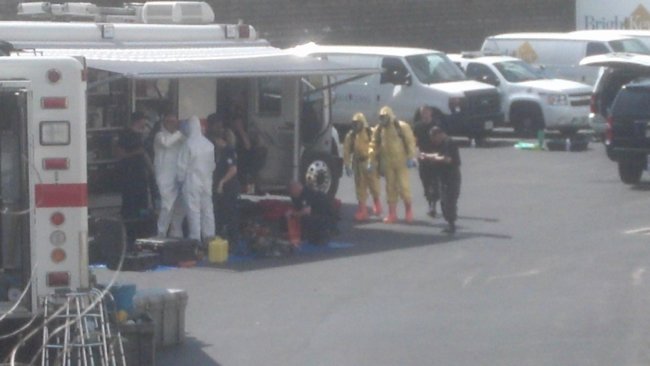A letter addressed to President Obama that field-tested positive for the poison ricin was received at the remote White House mail screening facility Tuesday, according to law enforcement officials.
Law enforcement officials emphasized that these tests are preliminary and are often unreliable. They said the final word would come from a complete lab test that should be completed in the next 24 to 48 hours.
A false positive for ricin occurs at least once each year, a homeland security official told ABC News.
The facility routinely identifies letters or parcels that require secondary screening or scientific testing before delivery.
The office of Sen. Roger Wicker of Mississippi also Tuesday received a suspicious letter potentially laced with ricin, postmarked from Memphis.
Testing on the first letter is incomplete but expected to be finished this afternoon. The first letter was addressed to Republican Wicker.
The Secret Service mail screening facility is a remote facility, not located near the White House complex, that all White House mail goes through.
The Secret Service is working closely with the U.S. Capitol Police and the FBI in this investigation.
FBI sources say anytime suspicious powder is located in a mail facility, field tests are conducted. The field and other preliminary tests in this instance produced inconsistent results. The material has been sent to an accredited laboratory for further analysis.
Only a full analysis performed at an accredited laboratory can determine the presence of a biological agent such as ricin. Those tests are in the process of being conducted and generally take from 24 to 48 hours.
The Centers for Disease Control defines ricin as a poison that comes from castor beans and can be found in a powder, a mist, a pellet or dissolved in water.
“In the 1940s, the U.S. military experimented with using ricin as a possible warfare agent,” the CDC writes. “In some reports ricin has possibly been used as a warfare agent in the 1980s in Iraq and more recently by terrorist organizations.”
Share this content:








